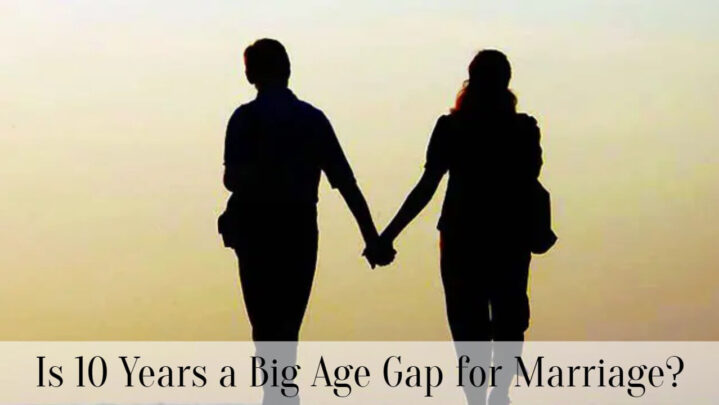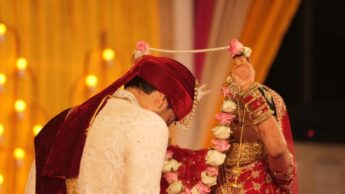Many people have varied ideas regarding the optimal age gap in a relationship, and cultural conventions might vary from culture to culture. For example, a 10-year age difference in a marriage is commonly seen as considerable. However, it ultimately depends on the persons involved.
A 10-year age difference may not be significant for some couples. If both teams are in similar phases of life, have similar objectives and interests, and are emotionally mature, the age difference may be minor in their marriage’s success. Yet, if one spouse is substantially younger and has less life experience, the age difference may cause problems in the relationship.
Differences in maturity levels, life ambitions, and financial stability may develop from a 10-year age gap in marriage. For example, if one couple is much older and has a successful profession, they may not desire to create a family or have the stamina to keep up with a younger partner. On the other hand, a younger spouse may still be working out their job path and may need more financial security to contribute equally to the partnership.
Furthermore, the cultural stigma associated with age-gap relationships might provide difficulties for the pair. For example, they may suffer criticism from family and friends or feel judged by strangers who presume a power dynamic is at work.
It is important to note that age is only one component of a happy marriage. Other significant variables include:
- Communication.
- Shared beliefs and interests.
- Mutual respect.
- A willingness to compromise.





